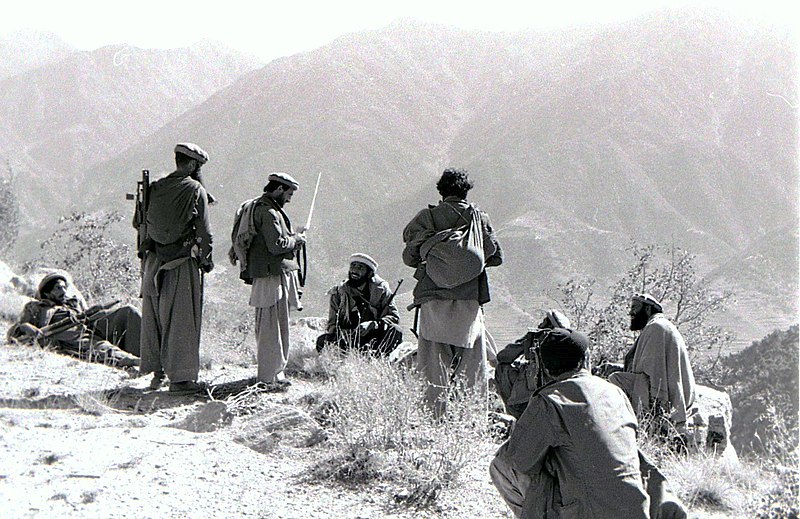The Khyber Pakhtunkhwa government in northwest Pakistan is planning to send delegations to Afghanistan. This initiative aims to engage with Afghan counterparts amid a rise in terror attacks in the region. Official sources revealed these plans on Wednesday, highlighting the need for diplomatic groundwork and coordination with Afghan authorities.
Since the Taliban took control of Afghanistan, Pakistan has seen an increase in terror incidents, particularly in Khyber Pakhtunkhwa. The Pakistani government has urged the Taliban-led Afghan administration to manage their borders effectively. They want to prevent terrorists from using Afghan soil for attacks against Pakistan.
Focus on Tribal Engagement and Security The provincial government has outlined initiatives to build confidence between tribal communities and authorities in both countries. The plan involves sending Jirgas, which are tribal councils of elders, religious scholars, and political leaders, to engage with Afghan counterparts. This effort aims to foster lasting peace in the region. To support this initiative, the provincial government has released Terms of Reference (ToRs). These leverage shared history, culture, and tribal connections between Khyber Pakhtunkhwa and Afghanistan. The province shares a 1,300-kilometre porous border with Afghanistan, making collaboration crucial.
Delegation Composition and Objectives The plan includes discouraging terrorist groups from using Afghan territory for attacks in Pakistan. It also seeks to prevent militant movements across the border. A larger delegation will later engage Afghan tribal leaders and government representatives on security, trade, refugee issues, and cross-border collaboration.
This delegation will comprise tribal elders from Khyber Pakhtunkhwa’s bordering districts with Afghanistan, religious scholars, political representatives, business leaders, and a security liaison officer. Their discussions will focus on enhancing cooperation between the two regions. Coordination with Federal Government Khyber Pakhtunkhwa has been governed by the Pakistan Tehreek-e-Insaf party for 12 years. This party’s approach towards Afghanistan differs from that of the federal government. The ToRs specify that Khyber Pakhtunkhwa will formally notify the federal government about this initiative. No commitments will be made that override Pakistan’s national security framework or diplomatic stance. A detailed briefing document will be shared with federal authorities before engagement begins. This ensures transparency and cooperation throughout the process.
Impact of Terror Attacks The actual implementation of this plan depends on federal government support. Imran Khan supports resolving Pak-Afghan issues through talks, while some establishment figures oppose this approach. In January 2025, Khyber Pakhtunkhwa was the worst-affected province by terror attacks. According to data from the Pakistan Institute for Conflict and Security Studies (PICSS), there were 74 militant attacks nationwide in January 2025. These resulted in 91 fatalities, including 35 security personnel, 20 civilians, and 36 militants. In KP alone, militants carried out 27 attacks. These attacks led to 19 fatalities in KP, including 11 security personnel, six civilians, and two militants. The tribal districts formerly known as FATA witnessed 19 attacks resulting in 46 deaths. Among these were 13 security personnel, eight civilians, and 25 militants.

